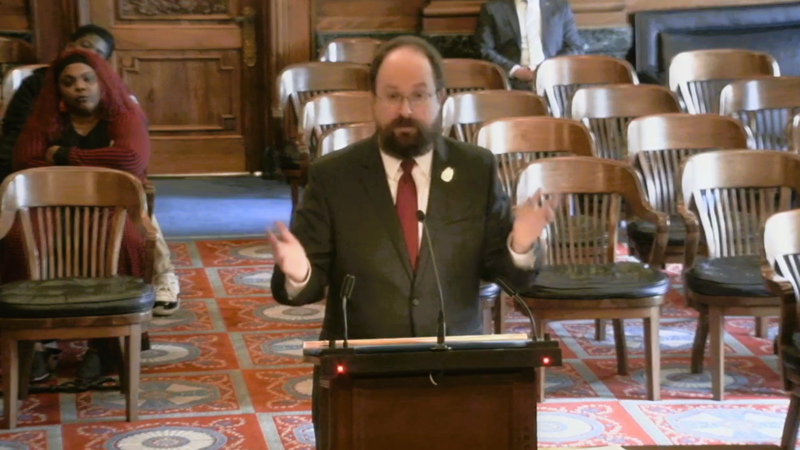(The Center Square) – A case centered around what defense attorneys call a “forced reenactment” was the focus of a hearing heard by the Illinois Supreme Court.
The case heard Tuesday involves Jessica Logan, who was convicted of murdering her son in 2019. Logan was asked by investigators to reenact the killing, which she did.
Miranda rights must be given to an individual the police have arrested for suspicion of a crime, ensuring the suspect understands the right to remain silent and to have an attorney present. Logan’s attorney, Assistant Appellate Defender Gilbert Len, argued that she should get a new trial due to a failure of law enforcement properly giving her those considerations.
“Even if this court inclined to find the circumstantial evidence strong, this is the kind of case where the errors on the other side are so severe, particularly in line with the state’s closing arguments, that this case demands a new trial,” Len said.
Len argued that Logan’s reenactment was “required” of her by the police, however, prosecutors argue that there is plenty of evidence that includes Logan’s Google search of the terms “How do you suffocate?” before calling 911.
Len argued that any evidence against Logan is inadmissible.
“These items of circumstantial evidence are not overwhelming, especially in this particular case, because of how the state handled the inadmissible evidence,” Len said.
Assistant Attorney General Josh Schneider argued that there is insufficient evidence of an improper investigation.
“They would need to show that there was that kind of atmosphere of coercion and there the standard is that there is a level of inherently coercive circumstances that are equivalent to this kind of station house interrogation,” Schneider said.
Len argued that Logan told investigators that she did not want to participate in any reenactment, which Schneider said, at the end of the day, she did not have to do.
“If the police show up at a scene of a crime and they’re knocking on doors and say we are asking witnesses if a person says, ‘no, I’m not going to talk to you,’ then investigating officers’ needs have not been satisfied, and that is fine,” Schneider said.
The case was taken under advisement by the Illinois Supreme Court.







